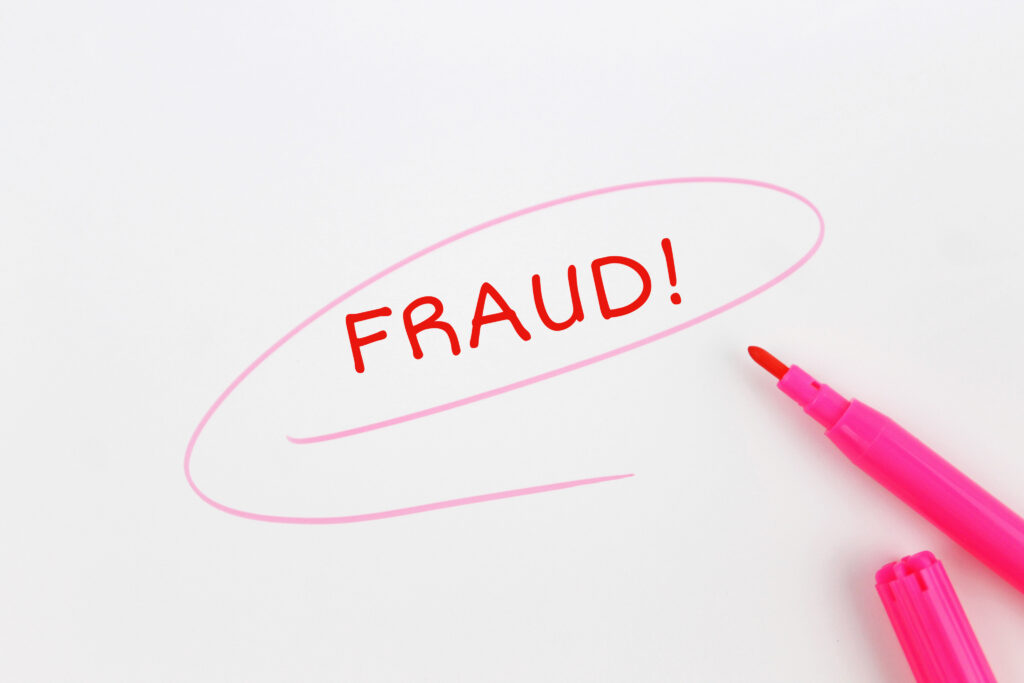Southport Capital Charged with Running a $110 Million Ponzi Scheme

Marietta, Georgia resident John Woods has been charged by the SEC for allegedly running a $110 million Ponzi scheme. The charges relate to two entities he controls—Livingston Group Asset Management Company, d/b/a Southport Capital, and investment fund Horizon Private Equity, III LLC.
Southport Capital is a registered investment adviser. The United States District Court for the Northern District of Georgia froze the assets of Woods and Horizon, and ordered expedited discovery proceedings for Southport Capital.
According to the SEC complaint, John Woods has been allegedly running a “massive Ponzi scheme for over a decade.”
Ponzi schemes are defined as a type of investment fraud where belief in the success of a nonexistent enterprise is engendered by paying out quick returns to the first investors. These “returns” actually come from money provided by later investors and not from any actual investment returns.
In the case of Southport Capital, investors were told that they would receive guaranteed returns of 6 – 7% interest for two to three years, for non-specific investments in a fund called “Horizon Private Equity,” said the SEC complaint. There are allegedly 400 investors who currently hold investments in the purported scheme, many of them elderly retirees. Investors are currently owed $110 million as of the end of July 2021, according to the report.
Investors were allegedly not told that their returns would be paid by money invested by later investors. According to the SEC complaint, the only way Southport Capital was able to pay the guaranteed returns was to use the money provided by later investors, in the fashion of a Ponzi scheme. The SEC complaint noted that Horizon had not earned any “significant” profits from investments.
As of the date of the complaint, August 20, 2021, the SEC reported that Southport had more than $824 million in client Assets Under Management (AUM), and requested that Woods not be allowed to have charge of such an enormous sum of money any longer.
Horizon does not have any offices or employees of its own and has at all times been under the control of John Woods, says the complaint. The SEC alleges that Woods, Southport, and Horizon did not use any of the record-keeping practices that one would expect from a “legitimate investment fund” and therefore millions of investor dollars are currently unaccounted for. Since the SEC has filed its case, the Court has appointed a receiver and frozen the assets of John Woods.
The court has now frozen Horizon’s and Woods’s assets, and appointed a receiver.
Ponzi schemes eventually collapse. A legitimate investment must generate income on its own. This allows investors to earn revenues from products that are doing well. In order to succeed, a Ponzi scheme must continually suck in new money because the investment itself generates nothing. The initial funds are never actually invested in anything. Eventually, the number of investors runs out and the entire enterprise collapses.
The scheme is named after Charles Ponzi of Boston, Massachusetts, who ran the first-ever recorded Ponzi scheme in the early 1900s. Early investors received their “returns” in his scheme, but later investors did not, and the scheme collapsed.
Which laws have been violated by Southport Capital?
The SEC complaint names several clauses of the Securities Act of 1933, the Securities Exchange Act of 1934, and the Investment Advisers Act of 1940, which it says have been violated by Southport Capital.
All three acts were created to, in some way, ensure transparency for investors and bring about a more regulated environment for financial advisers and firms.
